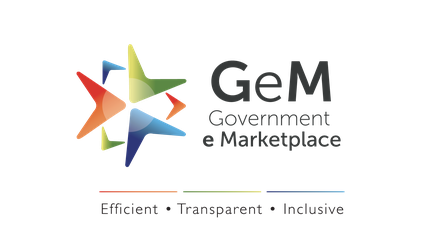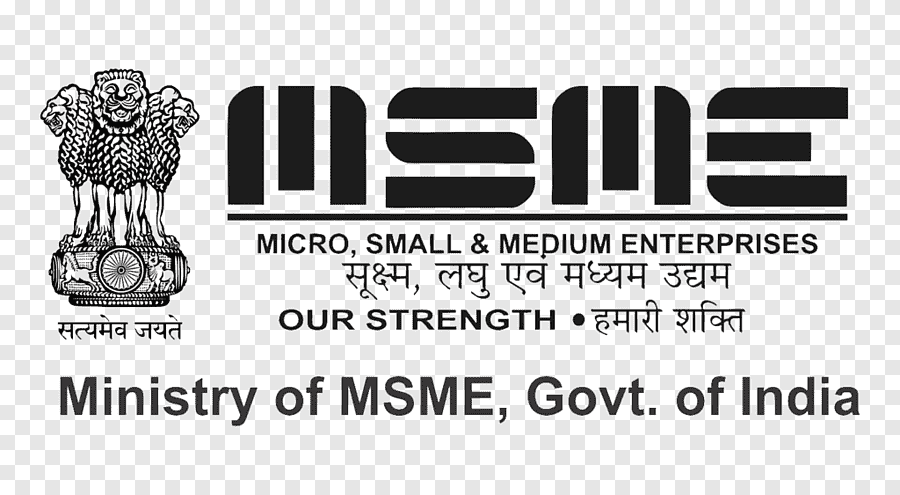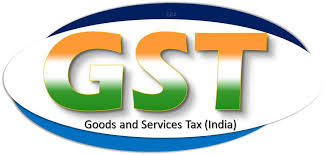Transform Your Business with Infinity Solutions Solutions
Trusted by industry leaders
Our Premium Technology Services
We deliver comprehensive technology solutions that drive innovation, enhance efficiency, and accelerate your business growth.
AI Development
Custom AI solutions, machine learning models, and intelligent automation systems.
- Machine Learning
- Natural Language Processing
- Computer Vision
- Predictive Analytics
Cloud & DevOps
Seamless cloud migration, infrastructure optimization, and DevOps implementation.
- AWS/Azure/GCP
- Kubernetes
- CI/CD Pipelines
- Infrastructure as Code
Web Development
Modern, scalable web applications built with cutting-edge technologies.
- React/Next.js
- Node.js
- Microservices
- Progressive Web Apps
Mobile Development
Native and cross-platform mobile applications for iOS and Android.
- React Native
- Flutter
- Native iOS/Android
- App Store Optimization
Security Solutions
Comprehensive security audits, penetration testing, and compliance solutions.
- Security Audits
- Penetration Testing
- GDPR Compliance
- Data Protection
Digital Transformation
Strategic consulting and implementation of digital transformation initiatives.
- Strategy Consulting
- Process Automation
- Data Analytics
- Change Management
Technologies We Work With
Leveraging cutting-edge tools and frameworks to build robust, scalable, and innovative solutions.
We Are Registered With
Our credentials and partnerships that ensure quality, reliability, and excellence in service delivery.








